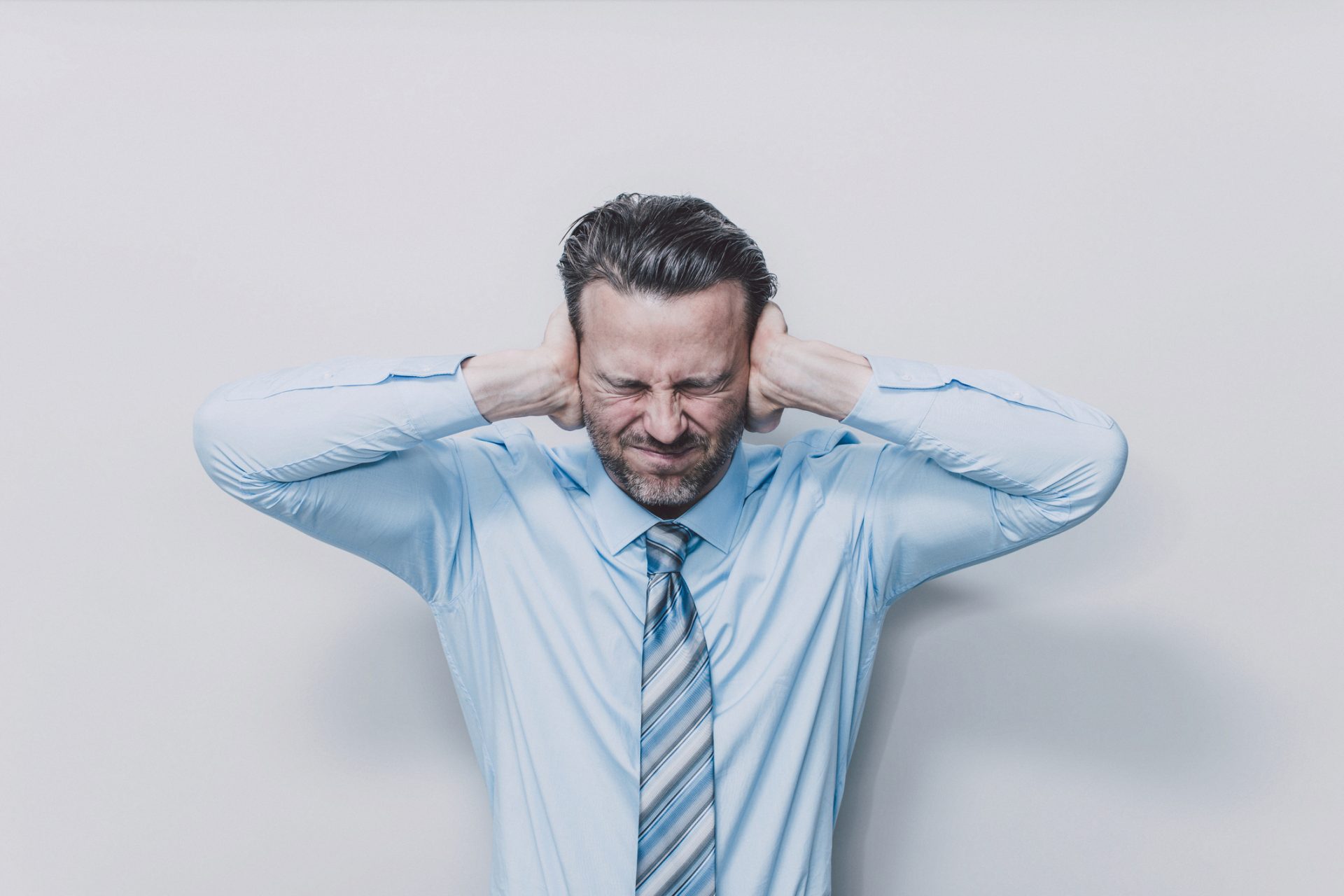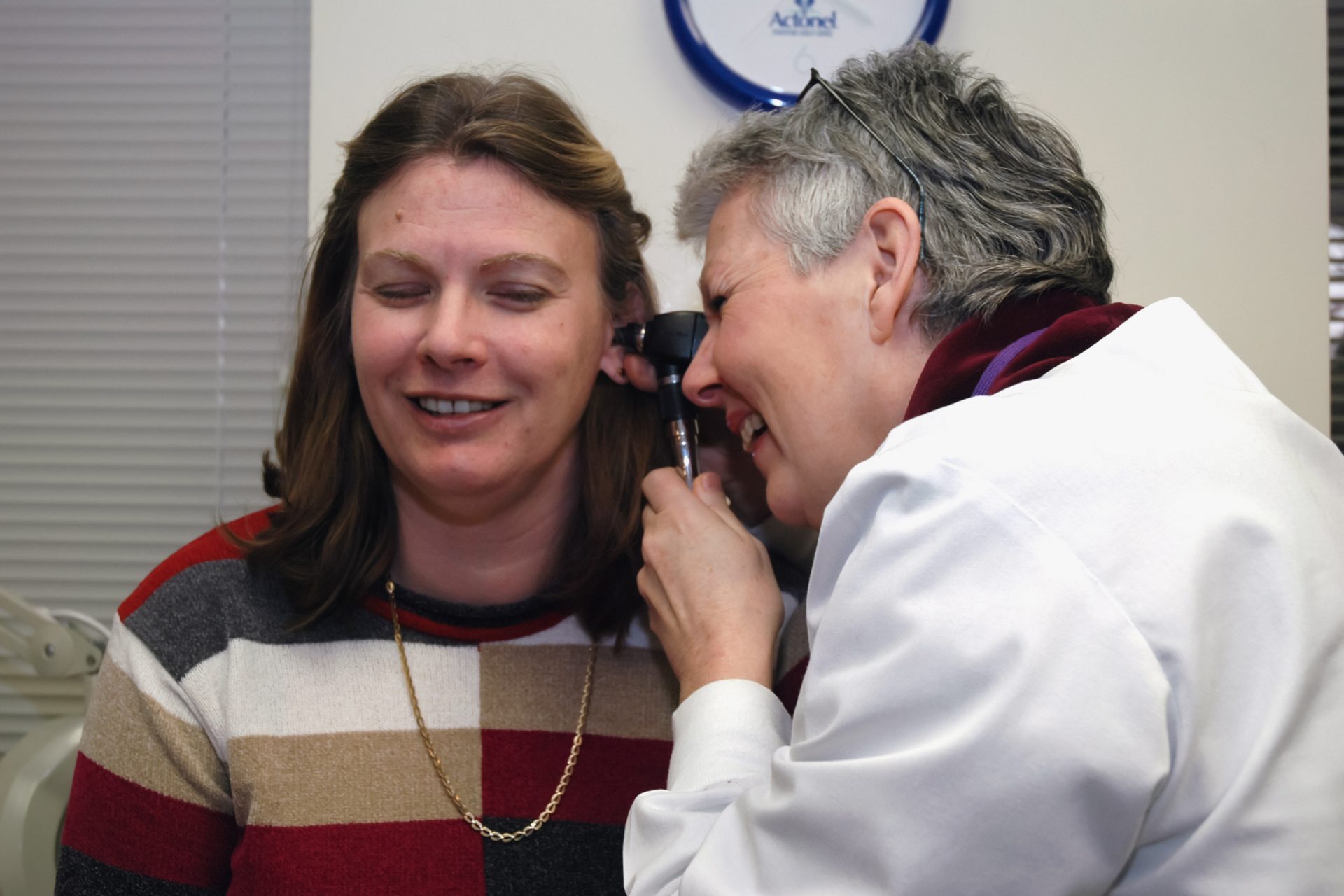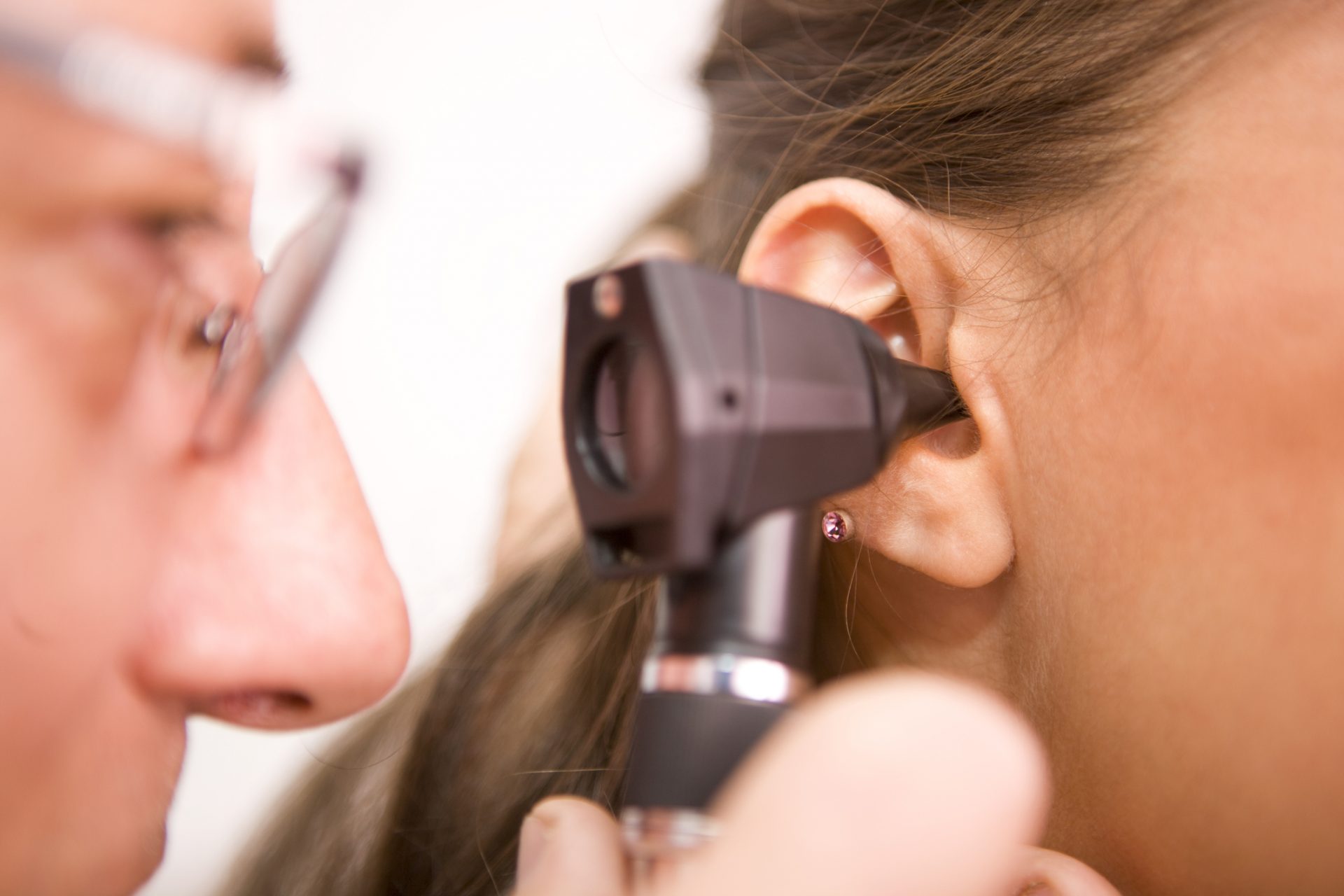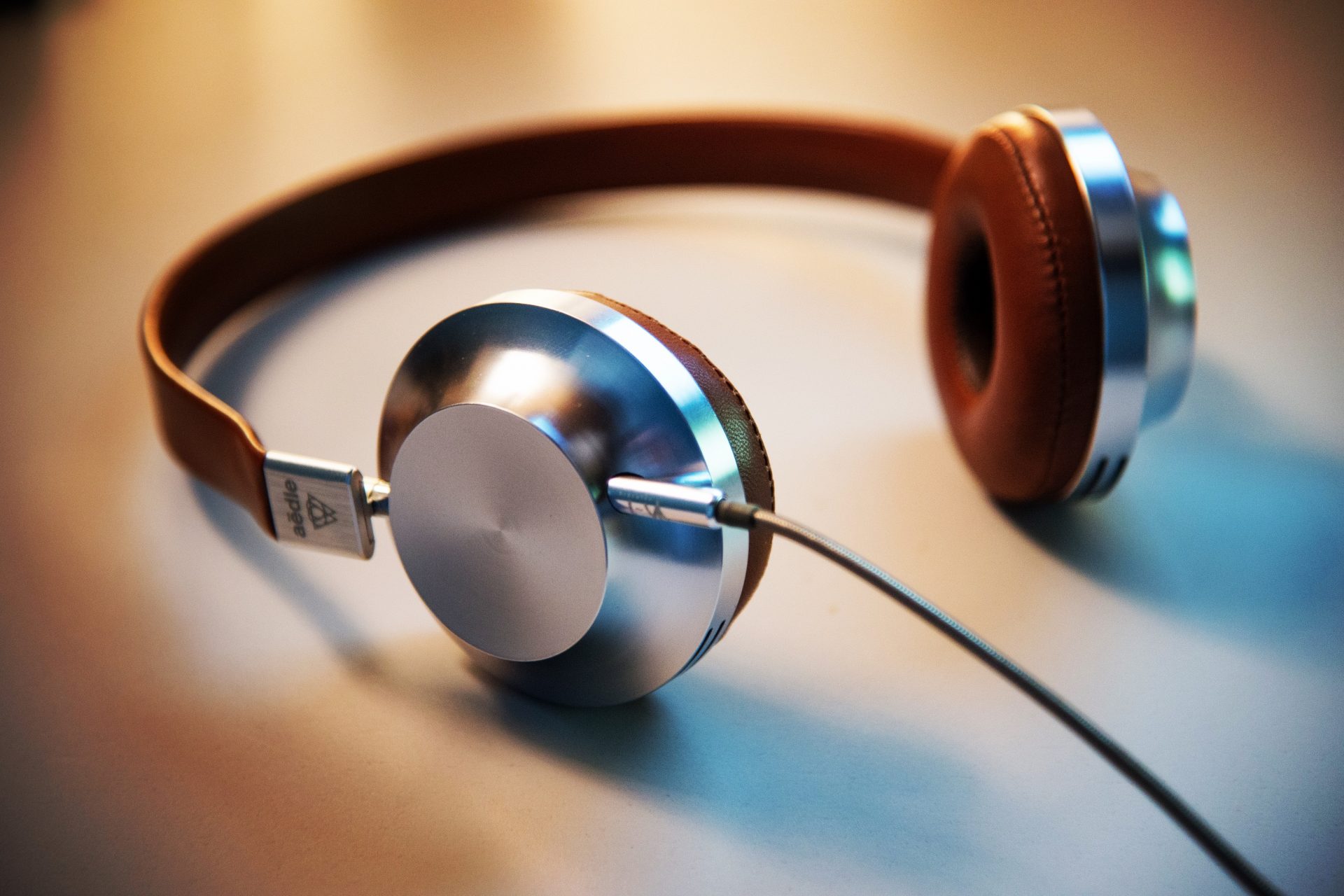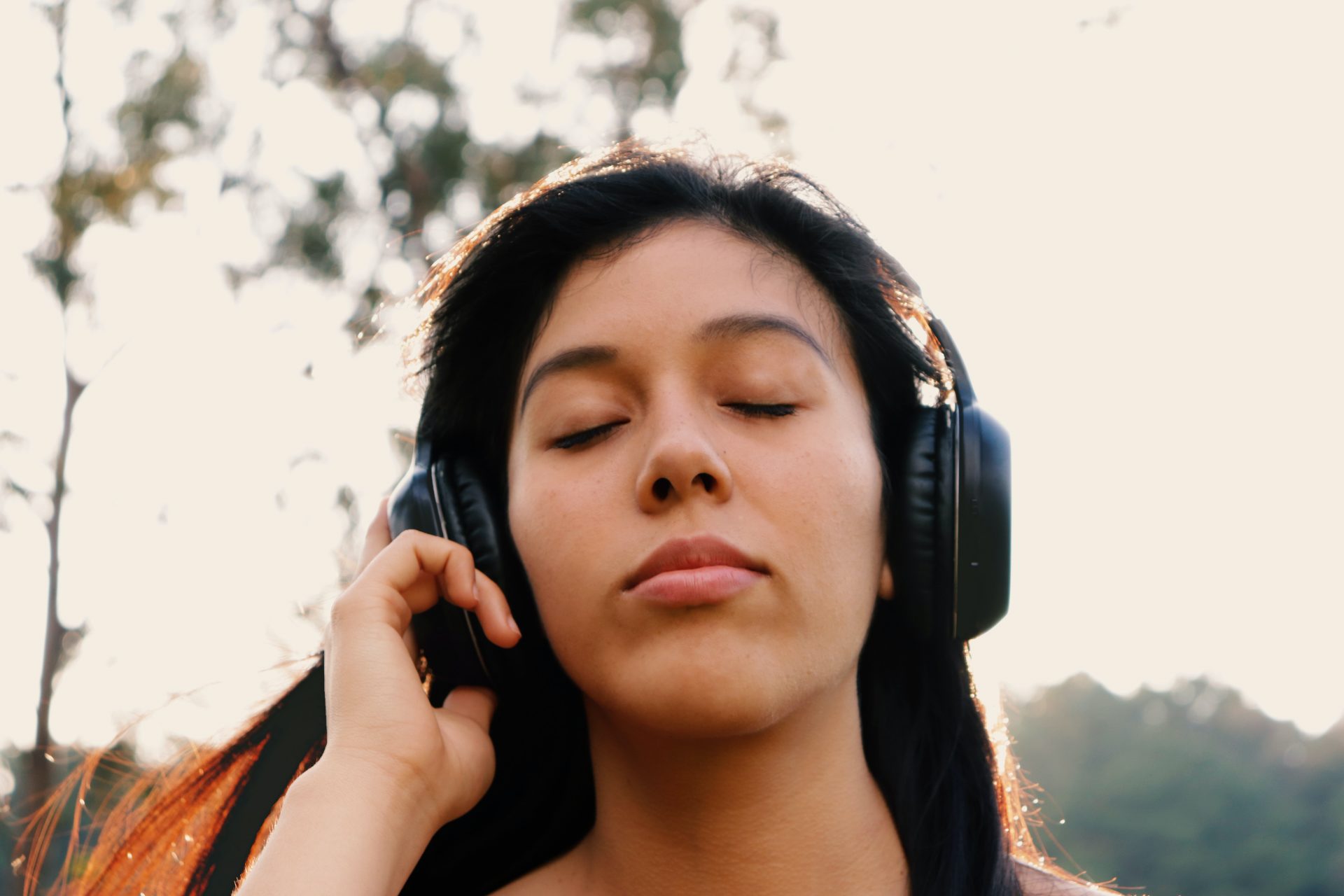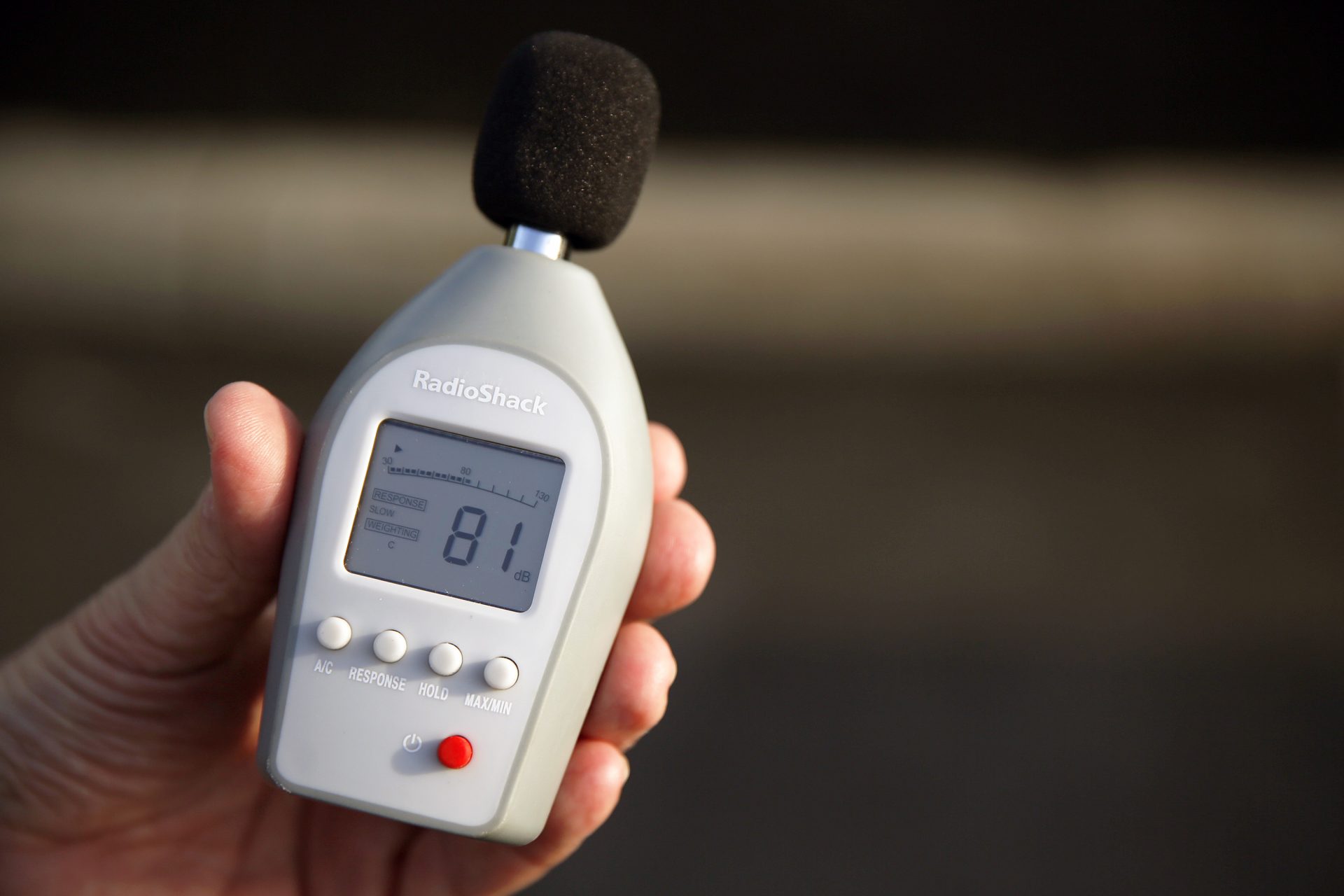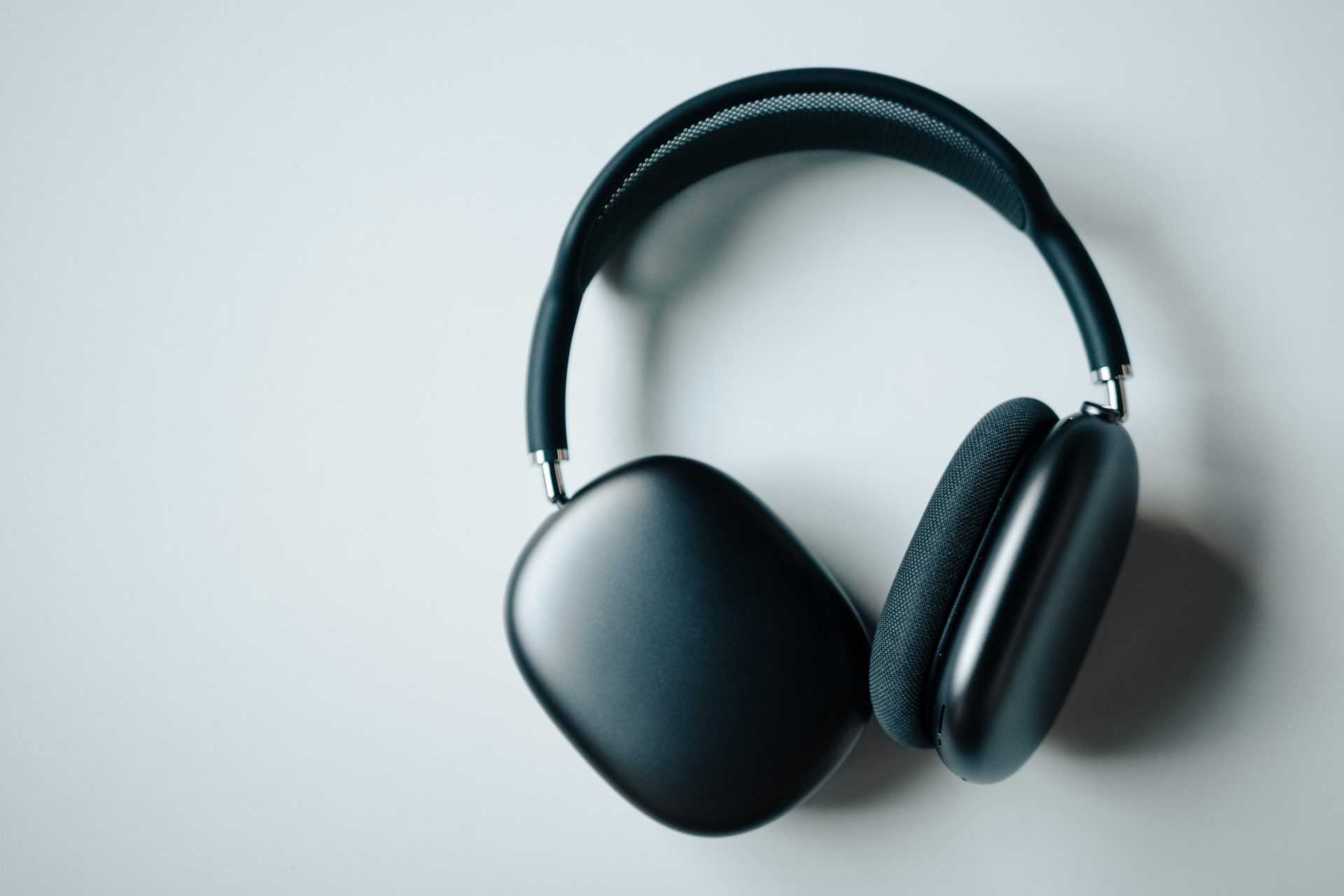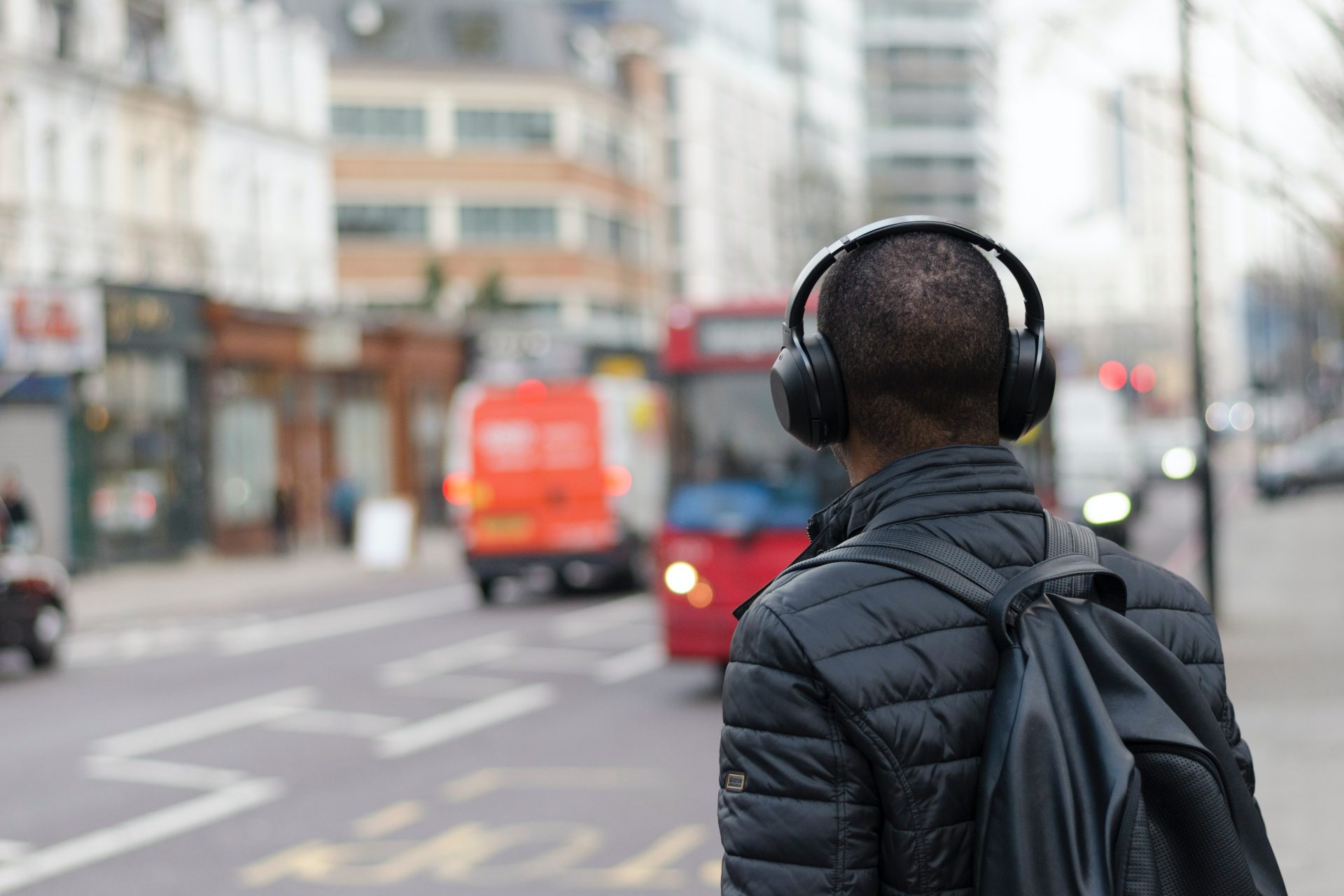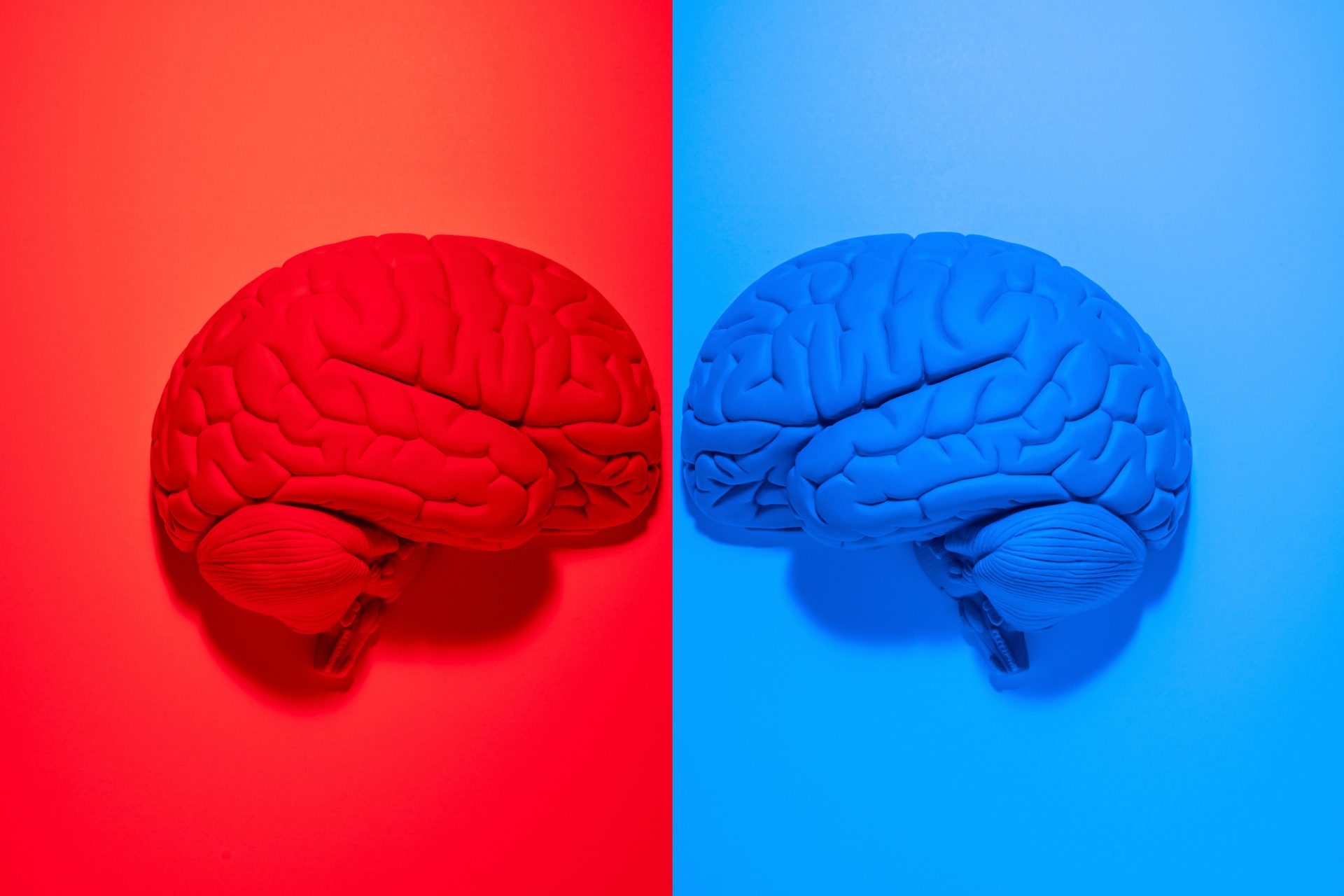Can headphones cause tinnitus? Here’s what you should know
Headphones have become an essential part of modern life but are your earbuds hiding a sinister secret? Some experts say the regular use of headphones can lead to a crippling condition known as tinnitus. Are they right?
The reason why some people experience tinnitus isn’t very well understood by science but we do know some things. The condition is experienced by roughly fifteen to twenty percent of people and affects older adults more often according to Mayo Clinic.
Photo by National Cancer Institute on Unsplash
If you don’t know what tinnitus is then you’re probably among the lucky group of people who do not experience the telltale inner ear buzzing, roaring, hissing, clicking, or humming that is common among those who experience tinnitus.
People who suffer from tinnitus hear these noises regardless of external sound entering the ear and it's a sound that only the person afflicted by the condition can hear.
Sometimes tinnitus can even whoosh with the rhythmic beating of a person's heart, which is a condition called pulsatile tinnitus. Again, all forms of this annoying condition aren’t well understood. But we do know some of its causes.
Penn Medicine noted that tinnitus can be caused by ear infections or foreign objects in the ear, and it can sometimes be a result of hearing loss or a broader condition known as Meniere Disease. But headphones are also be a new major culprit.
The human ear wasn’t designed to have loud noises like music or podcasts constantly blasting into it and there is some good science that suggests using headphones on the regular can contribute to the development of tinnitus.
Photo by Lee Campbell on Unsplash
However, it's really not about how you listen to sounds that could be harming your ear’s health but rather how loudly those sounds are blasting into your skull. Volume levels are what can trigger tinnitus in most people.
“How you listen, whether through earphones or some other means, doesn’t cause hearing loss,” UPMC Center for Audiology and Hearing Aids audiologist Lori Zitelli told Everyday Health. “It is how loudly you listen that causes damage over time.”
Photo by Samuel Rios on Unsplash
Noise-induced hearing loss is actually the leading cause of tinnitus today according to Alecia Steen and Marcus Lux of Prime Sound, which can come from loud noises in the workplace just as much as from headphone usage.
Photo by Mark Rohan on Unsplash
This aspect of tinnitus actually is fairly well understood and a 2021 study into earphone-induced tinnitus published in Noise & Health discovered that 22.9% of 1,955 earphone users had tinnitus compared to 18.1% of the 1,600 in a control group.
Photo by Daniela Mota on Unsplash
The study’s researchers discovered that people who used earphones were 1.27 times more likely to develop tinnitus than those who did not use earphones. This wasn’t good news but luckily there are some easy solutions that can save your ears.
Photo by Soundtrap on Unsplash
Prime Sound’s Alecia Steen and Marcus Lux noted that you can use headphones safely and reduce your risk of developing tinnitus from headphones if you follow something known as the 60/60 rule.
Photo by Rich Smith on Unsplash
The 60/60 rule states that you should listen to audio at no more than 60% of a device's maximum volume for no longer than 60 minutes a day. This may not be possible for some so there are a few other rules of thumb you should follow.
Photo by Miguelangel Miquelena on Unsplash
First, make sure you understand sound decibels and keep your device's decibels under 85 dB. Steen and Lux pointed out that a normal everyday conversation reaches about 60 dB for reference.
Anything over 85 dB can lead to hearing damage and the Prime Sound pair noted that most devices today have a maximum decibel range of 105 dB, hence the 60/60 rule! Also the type of headphones you choose matters.
Photo by Eran Menashri on Unsplash
Over-the-ear headphones and on-ear headphones are a lot better for your ears than the in-ear type because they allow for better sound quality at lower volume levels. However, in-ear noise-canceling headphones block background noise, which leads to lower volume.
Photo by Simon Hrozian on Unsplash
In the end, if you want to protect your ears from headphone-related damage you should choose the headphone type that works best for you and ensure that you’re following all the best practices so you can avoid tinnitus.
Photo by Henry Be on Unsplash
More for you
Top Stories



